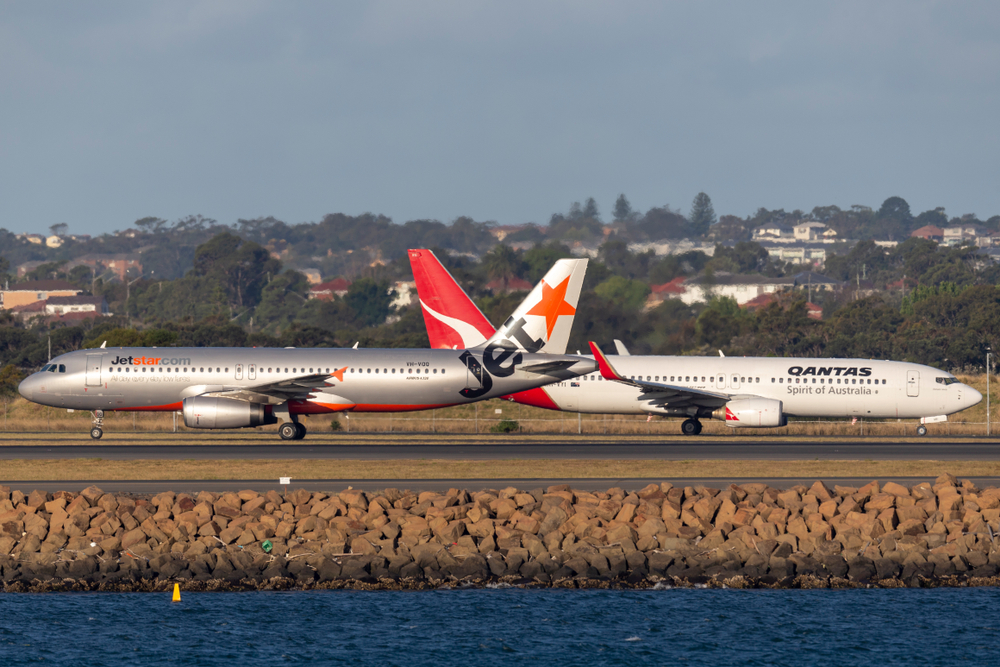
Qantas has committed to keeping its headquarters in Sydney and the Jetstar office in Melbourne following a property footprint review.
The airline carrier commenced the review in September last year after recording a mammoth $2.7 billion statutory loss in the 2019-20 financial year, due to international and state travel restrictions triggered by the COVID-19 pandemic.
Qantas’ global headquarters, which employs more than 3500 people, will remain in the Sydney suburb of Mascot, along with its existing customer service training facilities.
Jetstar’s headquarters is expecting “significant growth” in coming years, with its head office, employing more than 750 people, to stay in the Melbourne suburb of Collingwood.
Sydney will also be the launch city for the airline’s first non-stop flights to cities such as New York and London, dubbed ‘Project Sunrise’, once international travel recommences.
A new Flight Training Centre with aircraft simulators will also be built in NSW from 2023.
Qantas CEO Alan Joyce said the aviation industry had probably taken the “biggest hit” of any industry due to the pandemic.
“Qantas has seen $11 billion in revenue evaporate because of state and federal travel restrictions,” he said.
“Under those circumstances, we had to look seriously at every part of our business and that’s why reviewing our property footprint became part of our recovery program.”
Mr Joyce said moving one or both of its headquarters was always a “live option” as the company attempts to recover from the devastating effects of the pandemic.
“There were times in the process that seemed to be the most likely outcome,” he said.
“Ultimately, once the final offers were assessed on a like-for-like basis, the set of decisions we made was the most beneficial to the Group overall.”
A principal engineering line maintenance hub and a new Jetstar engineering heavy maintenance facility will also be established at Melbourne Airport.
“This is a major coup and a tremendous boost for jobs – directly under the Qantas and Jetstar banners, and right across the Victorian supply chain,” Victoria’s Industry Support and Recovery Minister Martin Pakula said.



 share
share







































